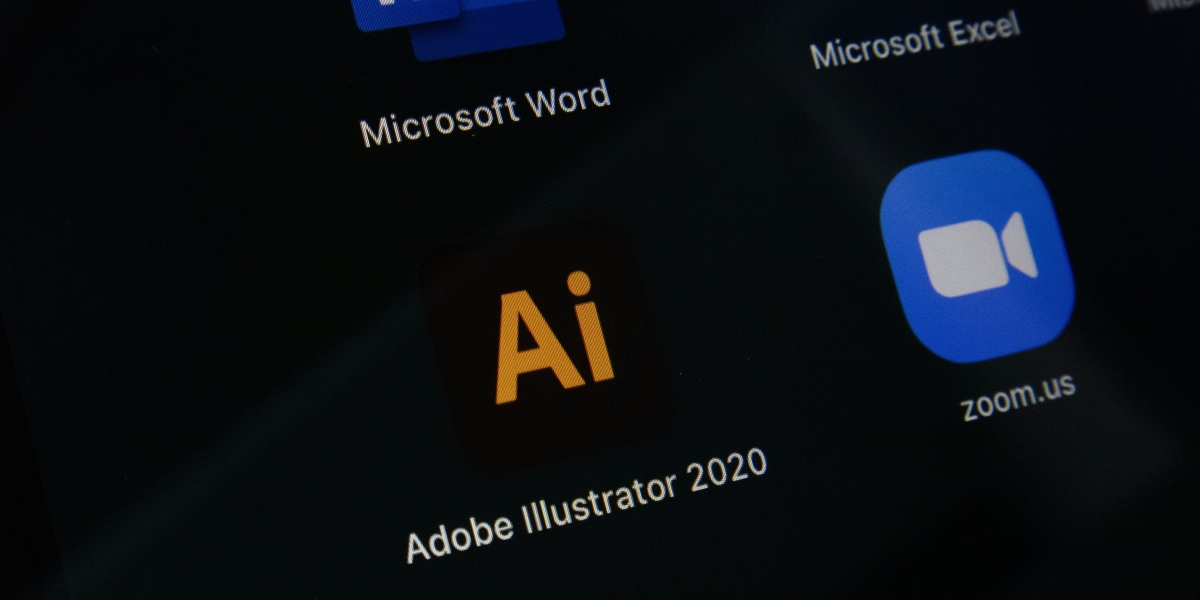In recent years, the healthcare sector has undergone significant advancements. Among these, the integration of artificial intelligence (AI) into medical documentation stands out. AI-driven medical record chronology tools have emerged as transformative additions to healthcare processes. Their ability to enhance accessibility and accuracy in medical documentation is garnering attention from professionals worldwide. This post delves into how these tools are revolutionizing document management in healthcare.
Improving Data Structuring
AI medical record chronology technologies are highly proficient in managing large volumes of data. In the healthcare sector, patient medical records typically contain medical histories as well as treatment strategies and laboratory findings. Conventional approaches to managing these records can be time-consuming and susceptible to errors. Tools powered by AI that focus on organizing chronologies simplify this process significantly. These tools utilize algorithms to arrange and classify information systematically, ensuring that medical records are organized with precision.
Enhancing Precision and Uniformity
Ensuring documentation is crucial, as inaccuracies in patient records may result in misdiagnoses or improper treatments. The utilization of AI medical chronology tools for medical record organization plays a role in mitigating these risks by employing algorithms to validate data and highlight any inconsistencies. The continuous validation of information by AI tools enhances accuracy levels, and fosters trust among healthcare professionals in the reliability of the data they access to improve patient outcomes.
Improving the Efficiency of Healthcare Processes
Healthcare professionals frequently encounter workloads in their tasks. A significant amount of time can be taken up by duties like managing documents. AI technology plays a role in easing this load by automating document-related tasks. When healthcare workers are relieved from the organization and verification of records, it allows them to prioritize care. This change not only supports the providers but also improves the quality of care for patients. Efficient workflows lead to service provision and decreased wait times.
Fostering Teamwork Among Experts
In healthcare settings, teamwork is essential for care, as it often involves a range of specialists working together to provide treatment solutions to patients in need of medical attention. AI tools play a key role in enhancing cooperation by organizing medical records effectively and making them readily available for specialists to access and collaborate efficiently. This way, it is ensured that all involved have the necessary information to aid in creating comprehensive treatment strategies.
Boosting Patient Involvement
Today’s patients are becoming more engaged in their healthcare paths as they take a role in managing their well-being journey. Nowadays, personal access to records empowers individuals to make informed decisions. Utilizing AI tools for organizing data further help boosts involvement by providing patients with easily understandable and structured health records. Understanding their backgrounds enables patients to engage effectively in conversations with healthcare professionals.
Securing Data and Upholding Compliance
Integrating AI into medical records raises concerns about the security of data storage systems in healthcare settings. Nonetheless, cutting-edge AI technologies value safeguarding patient confidentiality and shielding data from breaches. They employ sophisticated encryption techniques to protect sensitive information and comply with strict healthcare laws and regulations to keep patient data safe and secure.
Streamlining Expenses and Allocating Resources
Healthcare institutions are under pressure to streamline their operations and cut expenses. AI-powered solutions provide a way to achieve this by reducing the handling of medical records. Automating documentation tasks not only cuts down on labor expenses but also minimizes the risk of costly mistakes. Moreover, the use of tools typically results in reduced reliance on resources like paper and storage space. This leads to cost savings. By reallocating resources in a streamlined manner, hospitals and healthcare professionals can direct funds toward other critical areas to enhance the overall quality of service delivery.
Preparing for the Evolution of Healthcare
The field of healthcare is always changing. AI tools have been created to adjust to changes in industry dynamics. With the progress in practices comes the utilization of AI-powered tools that are well-equipped to incorporate new forms of data and adapt to evolving documentation norms. This flexibility guarantees that healthcare systems stay ahead in terms of progress and are prepared to tackle obstacles. Through the adoption of AI solutions into their operations and processes for managing documents efficiently, healthcare providers help secure their readiness.
End Note
AI-powered tools for organizing records are changing how healthcare professionals handle documentation tasks. Their capacity to boost data management accuracy and streamline work processes is highly valuable. These tools help provide advantages by promoting teamwork and patient involvement while also safeguarding data integrity. With healthcare evolving constantly, AI-driven solutions will become increasingly crucial in enhancing document accessibility and ultimately improving treatment. Outlining these advancements sets a path for a healthcare system centered around patients’ needs.
Published by Stephanie M.
















